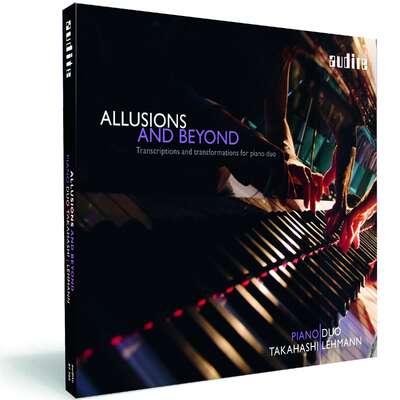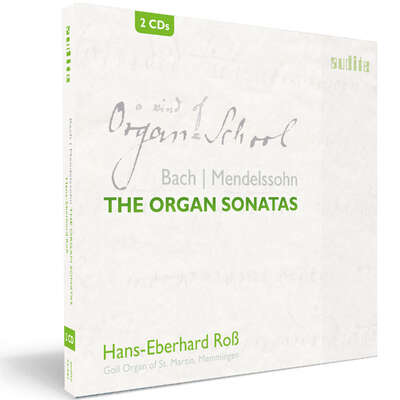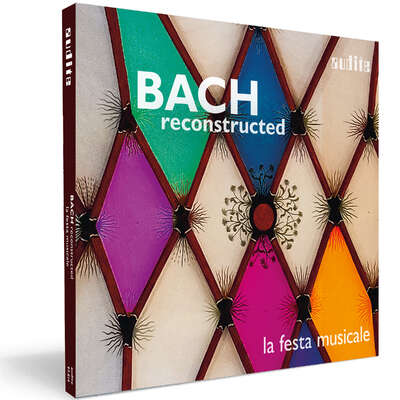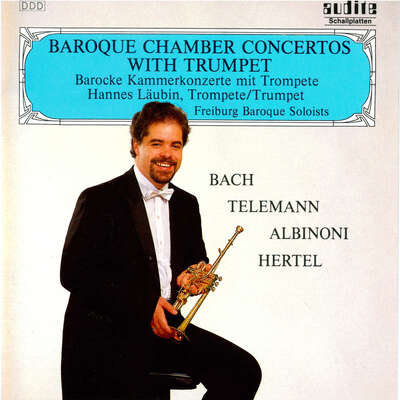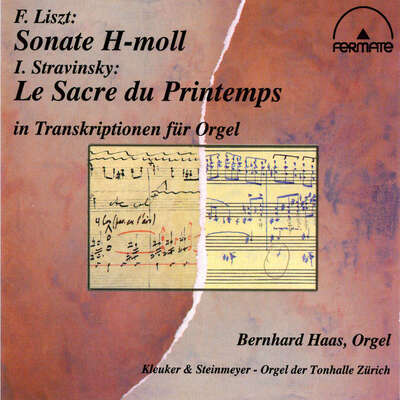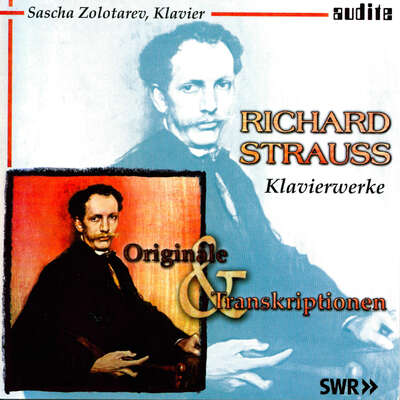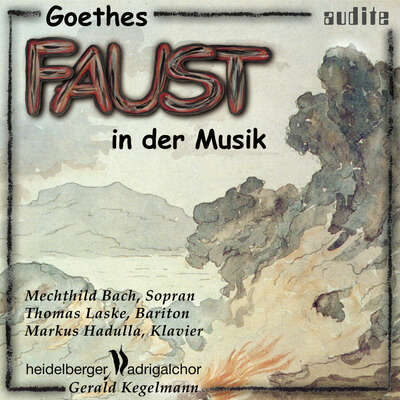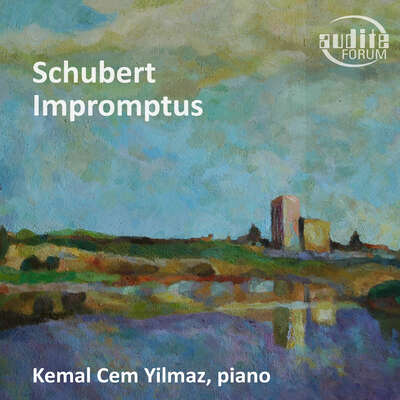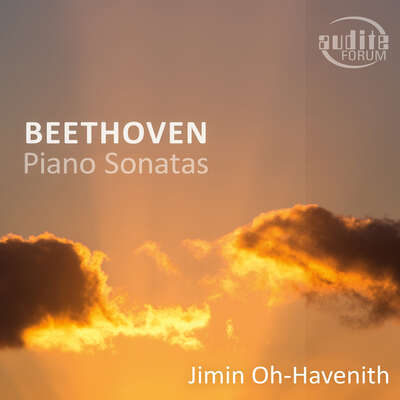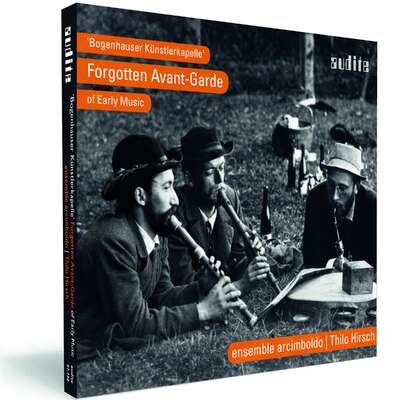
Bachs Goldberg-Variationen: Einer der vielseitigsten Variationszyklen der Musikgeschichte: Ein Thema von einzigartiger Schönheit, eine schlichte Basslinie als Grundlage für 30 Variationssätze voll melodischen Einfallsreichtums. Bachs Kosmos führt durch Facetten menschlichen Empfindens in ungeahnte Weite.mehr
Bachs Goldberg-Variationen: Einer der vielseitigsten Variationszyklen der Musikgeschichte: Ein Thema von einzigartiger Schönheit, eine schlichte Basslinie als Grundlage für 30 Variationssätze voll melodischen Einfallsreichtums. Bachs Kosmos führt durch Facetten menschlichen Empfindens in ungeahnte Weite.
Details
| Johann Sebastian Bach: Goldberg Variations | |
| Artikelnummer: | 20.035 |
|---|---|
| EAN-Code: | 4022143200358 |
| Preisgruppe: | BCB |
| Veröffentlichungsdatum: | 22. September 2017 |
| Spielzeit: | 54 min. |
Informationen
Bach: Goldberg-Variationen
Einer der vielseitigsten Variationszyklen der Musikgeschichte: Ein Thema von einzigartiger Schönheit, eine schlichte Basslinie als Grundlage für 30 Variationssätze voll melodischen Einfallsreichtums. Bachs Kosmos führt durch Facetten menschlichen Empfindens in ungeahnte Weite.
Besprechungen
Fanfare | Issue 41:6 (July/Aug 2018) | James V. Maiello | 1. Juli 2018
I don’t know how many commercial recordings of the Goldberg Variations come to market each year, but with this batch I will have reviewed 11 inMehr lesen
Perhaps the most idiosyncratic of these comes from the Chinese-born pianist Ji Liu (who goes by simply “Ji”), known to popular culture from a 2016 Android commercial. Initially, I was nonplussed when Ji’s opening aria was painfully slow. Soon it became clear, however, that Ji was being neither staid nor indulgent. Rather, he had chosen the tempo to highlight the balance among voices, which was exquisite. Taking a similar approach to Gould’s 1981 recording in Variation 5, Ji blazes through at full speed, though his articulations are clearer and more even. He makes some daring choices in the canonic movements, with mixed results. The detached articulations of Variation 6 work better than the reverberation added to the Fughetta (Variation 10), which clouds the discrete voices. Nonetheless, Ji is to be commended for taking risks, something not always appreciated by the recording industry. This really pays off in the French ouverture (Variation 16). A combination of added reverberation, exaggerated double-dotted figures and flourishes, and lively passagework make the variation fresh while at the same time grounded in tradition. The Quodlibet is broad and declarative, though without the irony for which I had hoped. In the liner notes, Ji writes that it was in Bach’s Goldberg Variations that he found his own sound. In doing so, he has produced a recording that is refreshingly original and executed with conviction. Ji’s Goldbergs will not be to everyone’s taste and it is decidedly not a middle-of-the-road reference recording. For listeners looking for a more exploratory experience, this disc will not disappoint.
Kemal Cem Yilmaz offers a more traditional reading of Bach’s variations, beginning with an opening aria that takes advantage of the piano’s full range of sounds, including a carefully deployed sustain pedal. In general, the piano sounds too bright and resonant for my taste, and the outer voices often obscure the inner ones. This seems to be more a function of the recording itself rather than Yilmaz’s technique, which the Fifth Variation proves to be formidable. Like the other imitative variations, the Fughetta would benefit from more clarity in the individual voices. Throughout, Yilmaz seems to favor moderate interpretations. In the ouverture, for example, he avoids the theatricality and pomp characteristic to the genre. Yilmaz seems most comfortable in the adagio (Variation 25). This is the high point of the entire disc, pensive and wistful. He treats the variation with a light touch, leaning into the chromaticism gently and without affectation. Yilmaz plays the Quodlibet straight, opting again for a middle-of-the-road approach to tempo and line. As a whole, the performance seems to lack a cohesive Gestalt, as if each movement exists discretely. Although this is a competent reading of the Goldbergs, it is also a relatively neutral one. For yet another recording of this piece to contribute to the field, it must contain new or individual interpretive insights or be performed and recorded impeccably. Despite Yilmaz’s considerable talent, this disc falls short on both counts.
Bach’s keyboard music lends itself well to arrangement and reworking, but Concerto Italiano seem to have upped the ante with this latest recording, a potpourri of variation forms arranged for Baroque orchestra. In the opening Passacaglia in D Minor originally for pedal harpsichord (in C Minor), Alessandrini’s arrangement is an intelligent, idiomatic one and the players are in fine form. By mapping each voice directly to a string instrument without adding a continuo part, Alessandrini allows for a homogeneity that alludes to the harpsichord but with all the added flexibility of the strings. The Aria variata alla maniera italiana in G Minor is reconstituted for solo violin and continuo here, with Nicholas Robinson taking the solo part. He dispatches the theme and each of the 10 short variations with effortless panache, sailing through figurations one moment and delivering mournful lyricism the next. A canzona for organ appears next in a four-part string transcription. As in the Passacaglia, the strings provide shape, ebb, and flow in ways the organ simply cannot.
The lion’s share of the disc, however, is reserved for the Goldberg Variations. Alessandrini himself opens with harpsichord alone with a sensitively ornamented reading of the aria theme, alternating with the strings. For the variations, he mixes and matches chamber configurations. Even the relatively pedestrian Variation 3, a canon for three voices, turns into something special here, with tastefully contoured violin lines over the cello and harpsichord. Concerto Italiano’s typically vibrant playing is ideal for variations like the Fughetta, in which even the continuo seems to take flight. Alessandrini and the players commit wholeheartedly to exaggerated notes inégales and dramatic flourishes of French ouverture in Variation 16, and the result is wonderfully dramatic. The Quodlibet is unsentimental, fast but still a touch heavy, while the closing aria offers a sort of mirror image of the opening one, beginning with strings and moving on to solo harpsichord. These are masterful reworkings of Bach’s original material, so idiomatic that it is easy to imagine Bach reusing his keyboard works in the exact same manner. That Alessandrini and Concerto Italiano are so fluent in these styles only makes the arrangements sound more natural. This is surely one of the best instrumental arrangements of the Goldberg Variations available, and the other treasures on the disc make it doubly desirable.
American Record Guide | May/June 2018 | Bradley Lehman | 1. Mai 2018
Kemal Cem Yilmaz spends most of his time in Germany and his native Turkey. This is his debut solo recording. His interpretation is forthright. ItMehr lesen
[…] I’ve reviewed ten other harpsichord and piano performances of the Goldberg Variations here in the past two years. Despite their excellence of execution, none of these three new recordings displace older favorites mentioned in those reviews.
Piano News | 2/2018 März/April | Marco Frei | 1. März 2018
Ein "Aha-Erlebnis" findet sich in den Gestaltungen von Yilmaz nicht wirklich. Dafür aber berührt die ehrliche, oftmals klangschön verlebendigte Sicht.Mehr lesen







